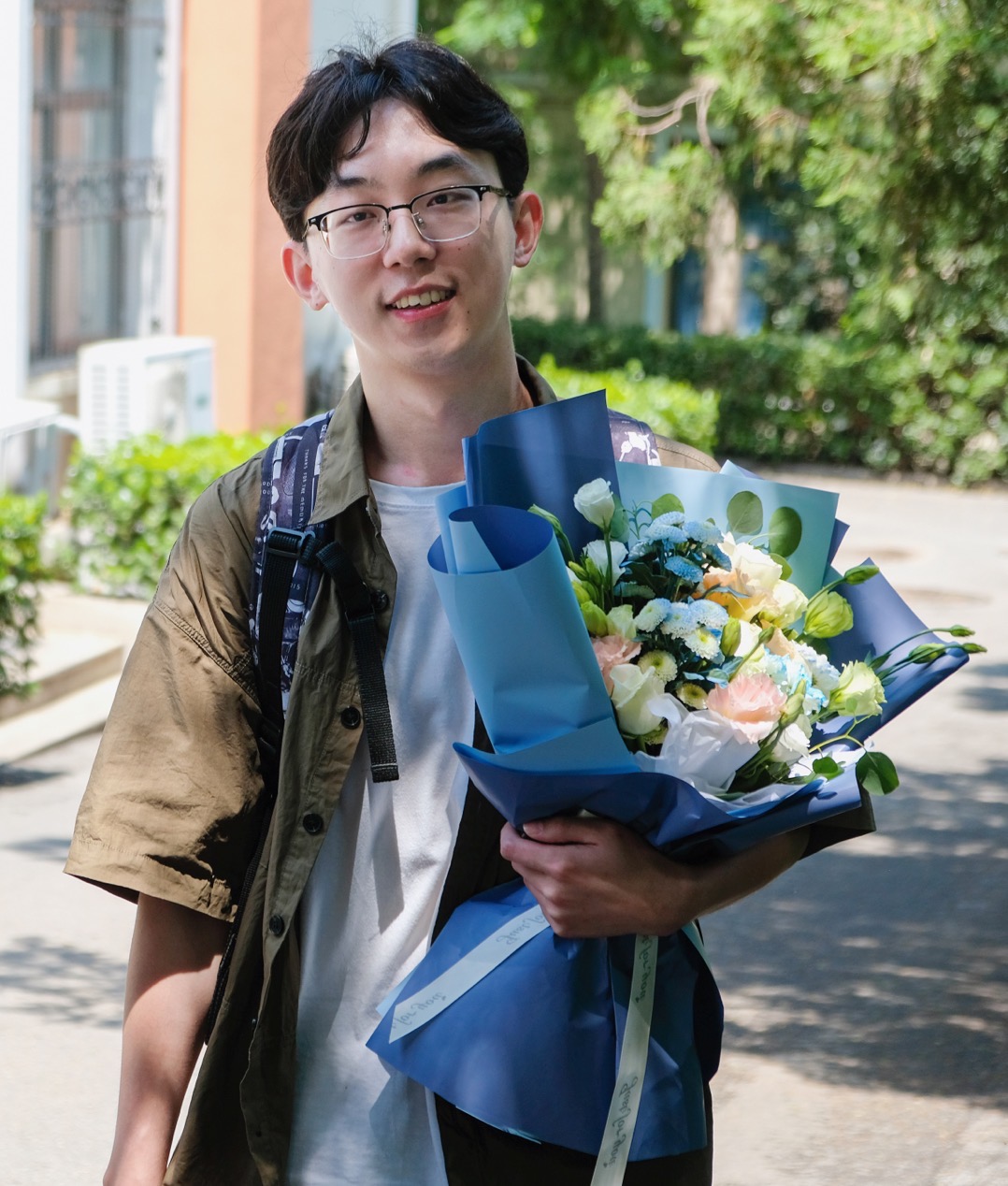Profile
Project Title: The evolution and control of early spiral cleavage
Summary: Animal development is classified as conditional or autonomous based on whether cell fates are specified through inductive signals or maternal determinants, respectively. In spiral cleavage––a stereotypic early embryonic programme ancestral to nearly half of the animal phyla––embryos can specify homologous cell fates conditionally (through cell-cell interactions) or autonomously (via segregation of maternal inputs). In conditional spiral cleaving embryos, the cell lineage that will give rise to posterodorsal fates––the so-called D lineage––is specified at ~32–64-cell stage by inductive cell-cell interactions.
In contrast, this lineage is specified by segregating maternal cytoplasmatic mRNAs into one larger cell already at the 4-cell stage in autonomous spiral-cleaving embryos. Therefore, at the 4-cell stage, all four cells are equipotent and of the same size in conditional spiral cleaving embryos but are already differentially committed and of different sizes in autonomous spiral cleaving species. This variation occurs naturally in annelids and molluscs, even between closely related species, which makes spiral cleavage the ideal system to dissect the mechanisms that underpin shifts between conditional and autonomous development. Yet, our understanding of spiral cleavage, and thus of the mechanisms that segregate maternal determinants to induce autonomous specification of the early cell fates, is still very limited.
In this project, I will establish and combine gene-specific functional approaches, such as CRISPR/Cas9, with computational and phylogenetic methods and classic experimental embryology to identify the genes controlling spiral cleavage and the transitions between conditional and autonomous cell fate specification. Together, my project will reveal the genetic mechanisms responsible of phenotypic evolution during animal embryogenesis.
Supervisor:
